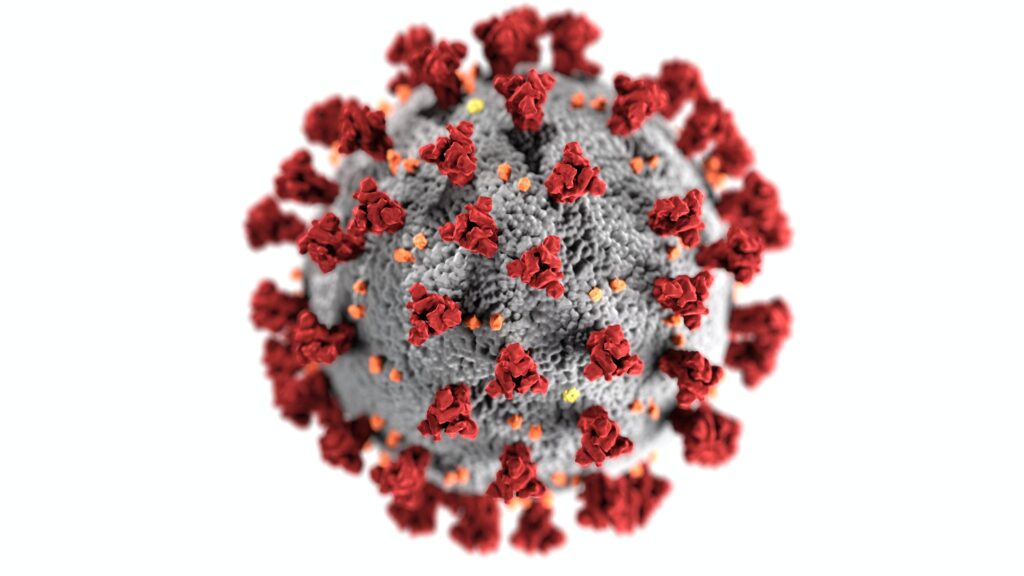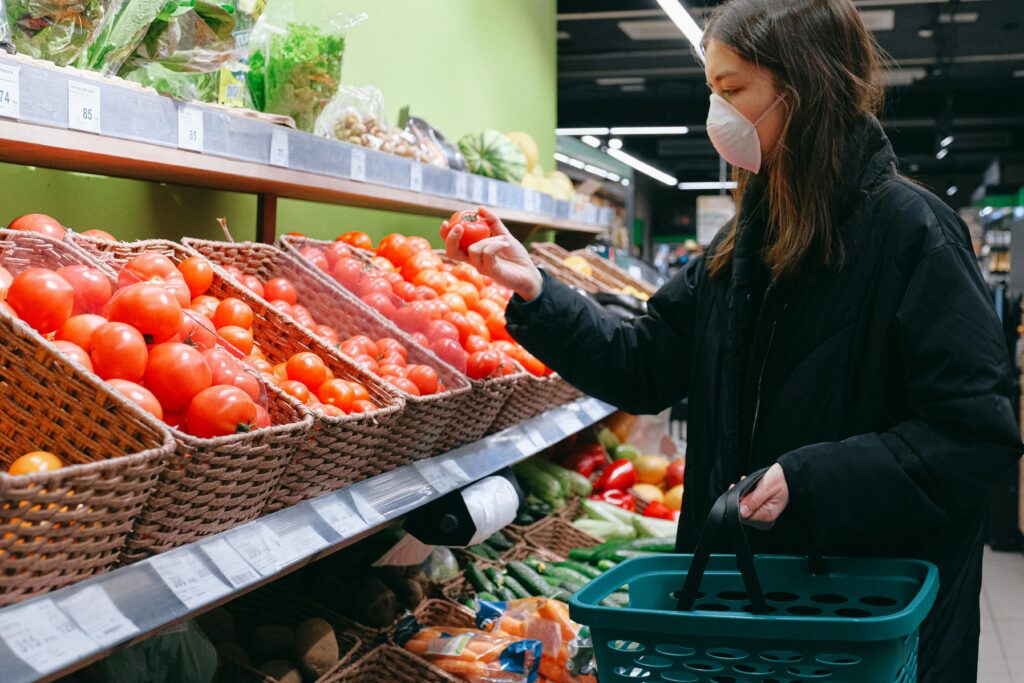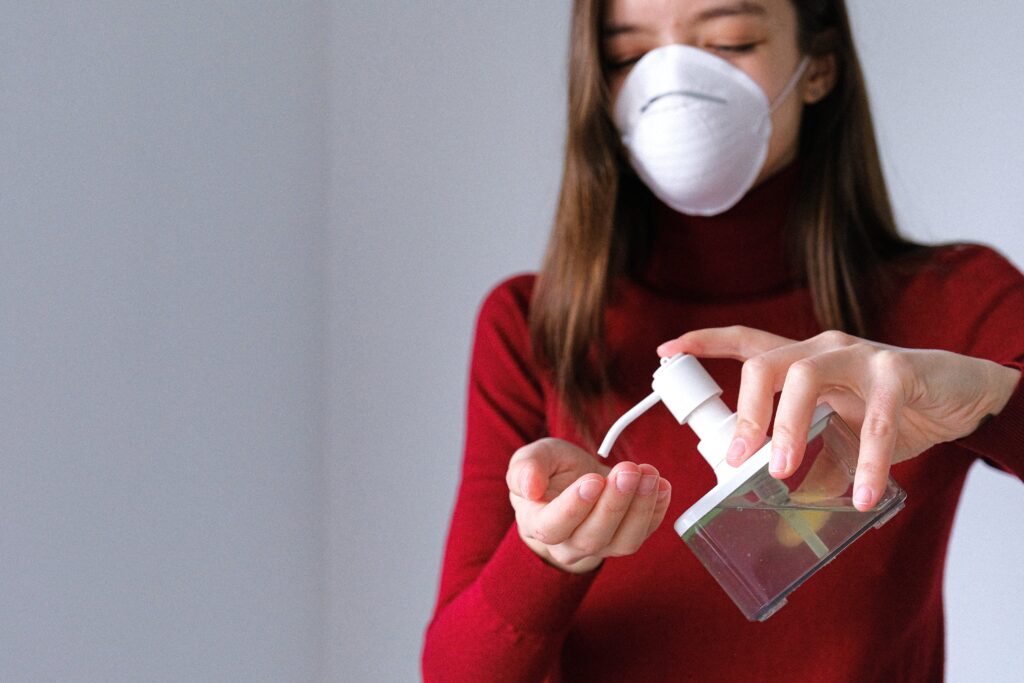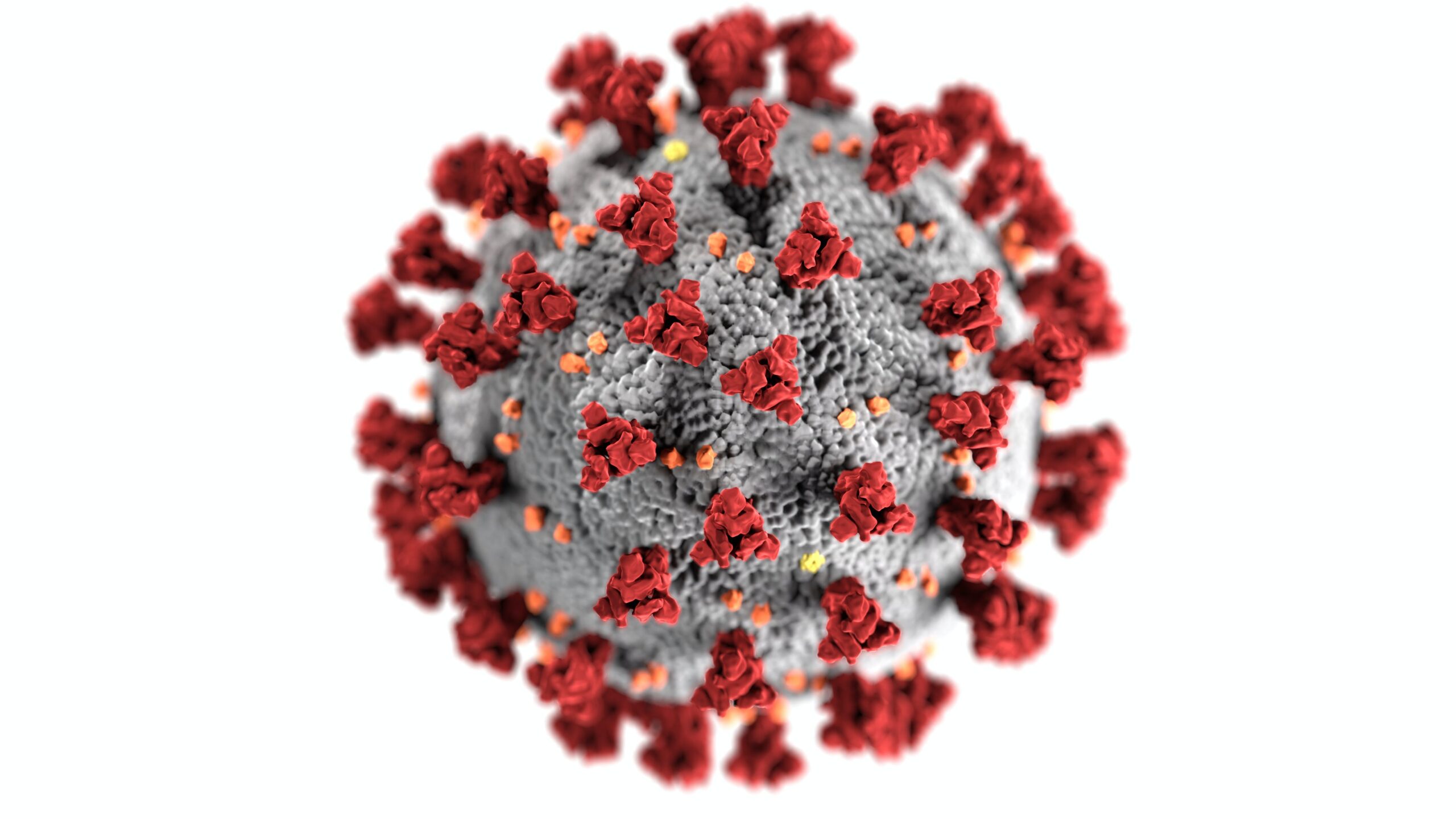COVID-19 which can be called as “Coronavirus Disease 2019,” had caused a huge pandemic killing thousands of people worldwide. It is a highly contagious respiratory illness caused by the novel coronavirus. It is called as severe acute respiratory syndrome coronavirus 2 (SARS-CoV-2). The disease it causes is called coronavirus disease 2019 (COVID-19). Covid -19 had first been identified in Wuhan, China, in late 2019 and since then it had spread worldwide throughout few years. COVID-19 has had a profound impact on public health, economies, and daily life around the world.
This highly contagious virus is often spread through respiratory droplets and can cause mild to severe symptoms. Which can lead to serious complications The Epidemic has led to intensive prevention efforts and by extension, including campaigns of protection, social distancing, wearing masks and quarantine measures.

What are the Symptoms of COVID – 19?
COVID-19 can give raise to a wide range of symptoms, and they can vary from person to person. Common symptoms of COVID-19 include:
- Fever or Chills: A high body temperature is a common symptom of COVID-19.
- Dry cough
- Shortness of breath or difficulty breathing usually if you are having severe disease.
- Fatigue: Feeling unusually tired or exhausted than the other days
- Generalized muscle pain and body aches
- Headache
- Loss of Smell or Taste: A sudden loss of the sense of smell (anosmia) or taste (ageusia) is a very significant and characteristic for COVID 19 which causes a higher suspicion of having the disease.
- Scratchy or sore throat
- Nasal congestion or runny nose
- Gastrointestinal symptoms as diarrhea, nausea or vomiting – Although these symptoms are not common they can arise in some individuals.
- Frequent chills or repeated shaking due to the feeling of excessive
- Skin rashes, hives, or other dermatological symptoms
- Red, itchy, or watery eyes
These are the symptoms which have been commonly noted and identified up to date. But many new symptoms and variations in presentation will be able to be found due to the various forms of viruses. And as still this disease is being researched. If you experience symptoms or believe you may have been exposed to COVID-19, you must get yourself tested and follow public health guidelines for quarantine. And also isolate immediately in order to protect yourself as well as your loved ones.
What are the Complications ?
You can experience a wide range of complications, specially if you are having severe or moderate cases of the disease. Some of the common and potentially serious complications associated with COVID-19 include:
Respiratory Complications:
- Pneumonia: COVID-19 often leads to viral pneumonia. What happens with pneumonia includes inflammation and buildup of fluids in the air sacs of the lungs which makes breathing very hard.
- Acute Respiratory Distress Syndrome (ARDS): Respiration hard oxygen levels in the blood can drop to dangerously low levels which is called as ARDS. This happened due to severe inflammation and accumulation of fluids in lungs causing
- Pulmonary Embolism: This happens when blood clots, go through the blood circulation and obstruct the blood supply to lungs preventing air exchange. This can cause chest pain and breathing difficulties.
Cardiovascular Complications:
- Myocarditis: This is the inflammation of the heart muscle which can lead to many complications such as heart failure.
- Arrhythmias: This includes occurrence of irregular heart rhythms. You may experience palpitations due to this condition and they can lead to life threatening complications as well.
- Higher risk of blood clotting The virus can increase the risk of blood clots, which can affect blood vessels throughout the body and lead to conditions like deep vein thrombosis (DVT) and strokes.
Neurological Complications:
- Loss of Smell and Taste (Anosmia and ageusia)
- Encephalitis and Stroke: Although not common the virus can cause inflammation in the brain called as encephalitis and even give rise to strokes.
Kidney and Multi-organ Dysfunction:
- Acute Kidney Injury (AKI): This can be defined as the sudden loss of kidney function causing fluid imbalances and electrolyte disturbances in your body.
Long COVID (Post-Acute Sequelae of SARS-CoV-2 Infection, or PASC):
Sometimes although you may initially experience mild symptoms those symptoms including fatigue, shortness of breath, and cognitive difficulties. It can can persist for weeks or months after the initial event which is called as long COVID.
- Secondary Infections: COVID-19 can weaken your immune system while making yourself susceptible to secondary bacterial infections like pneumonia.
- pandemic and the associated stress, isolation, and loss can contribute to mental health challenges, including anxiety, depression, and post-traumatic stress disorder (PTSD).
- Others complications : This include gastrointestinal issues, skin rashes, and multisystem inflammatory syndrome in children (MIS-C).

How is COVID – 19 Diagnosed?
COVID-19 can be diagnosed through various testing methods, depending on the stage of the infection and the availability of testing resources.
Initially your medical officer will ask you questions about your symptoms to do a clinical evaluation. It includes assessing whether you are having any similar symptoms. They will check whether you are having any of the common symptoms of COVID -19 such as dry cough, anosmia, fever, body aches and sore throat.
After taking history and doing a thorough examination, your medical officer will next recommend you to get done some specific investigations such as the ones given below.
- PCR (Polymerase Chain Reaction) Test: This can be defined as the most common and reliable method for diagnosing COVID-19. Your medical officer will take a swab sample from your nasal or throat area to detect the genetic material (RNA) of the SARS-CoV-2 virus. This can be mildly painful and uncomfortable for a few seconds. This test is highly accurate. But sometimes the results may take hours to days to be processed.
- Rapid Antigen Test: This test is useful only because it takes only about 15 – 30 minutes to get the result of it. The sample is taken similarly as in PCR in order to detect specific viral proteins on a nasal or throat swab. Although this test offer quick results, it is less sensitive than PCR test, especially during the early stages of infection.
- Antibody Test (Serology Test): Antibodies ae the protein molecules produced by your the immune system in response to a viral infection. These tests are done to detect such antibodies and are mostly useful in late stages of disease.
- Chest X-ray or CT Scan: Imaging studies, such as chest X-rays or CT scans, may be used to assess lung involvement and to identify the damaged caused by the virus to your lungs.
- Saliva Testing: Some tests use saliva samples instead of getting nasal swabs for COVID-19 detection.
- Self-Testing Kits: This is a very user friendly method which allows the individuals to collect their own samples at home and send them to a laboratory for processing.
To diagnose COVID-19, it is recommended to meet your medical officer as soon as possible. As they will determine the appropriate type of test you need to undergo. It depends on the symptoms you are experiencing, exposure history, and the current testing guidelines in the area. You can get information of how to get the tests done and where to get them done through public health authorities of your area.
How is COVID – 19 Managed?
Unfortunately is no specific antiviral treatment identified yet for for COVID-19. The management of COVID-19 is based on supportive care to relieve symptoms and prevent occurrence of complications.
- If you test positive for COVID-19 should isolate yourself immediately to prevent the spread of the virus to others specially because the high contagious nature of the virus.
- Getting plenty of rest and staying well-hydrated is important for recovery, as it helps the body’s immune system fight the virus.
- Over-the-Counter Medications: Medications such as acetaminophen (paracetamol) for fever and pain relief and cough suppressants for cough symptoms can be used to get relief of bothersome symptoms.
- Sometimes your medical officer may prescribe medications such as antiviral medications like Redeliver may be especially severe cases. And corticosteroids in order to reduce inflammation in of your lungs and other involved organs
- Oxygen Therapy will be required if you are experiencing any severe respiratory symptoms or low oxygen levels in your blood.
- Mechanical Ventilation may be necessary to support breathing in severe cases.
- Anticoagulant medications which prevent or treat blood clots are also given for you sometimes to prevent complications.
- Monoclonal antibodies, such as Bamlanivimab and Etesevimab are highly specialized and expensive drugs that are normally given only if you are at a high risk of developing disease complications.
- Hospitalized patients may receive various forms of supportive care, including IV fluids, nutrition, and monitoring for complications.
It’s important to note that treatment approaches for COVID-19 have evolved, and new treatments and therapies may have emerged with time.

What are the Methods of Preventing Yourself from Getting COVID – 19?
Preventing COVID-19 involves following recommended public health guidelines and practicing personal preventive measures. Here are key steps to protect yourself from getting COVID-19:
- Vaccination:
- Get vaccinated if you are eligible. COVID-19 vaccines have been shown to be highly effective in preventing severe illness and reducing the spread of the virus.
- Mask-Wearing:
- Wear a mask, especially in indoor public settings or when physical distancing is not possible. High-quality masks, such as N95 or surgical masks, offer better protection.
- Hand Hygiene:
- Wash your hands frequently with soap and water for at least 20 seconds, especially after being in public places, touching surfaces, or coughing/sneezing.
- If soap and water are unavailable, use hand sanitizer with at least 60% alcohol.
- Physical Distancing:
- Maintain physical distancing (at least 6 feet) from individuals who do not live in your household, especially in crowded settings.
- Avoid Crowded and Poorly Ventilated Places:
- Minimize time spent in crowded indoor spaces with poor ventilation, as these settings increase the risk of virus transmission.
- Good Respiratory Hygiene:
- Cover your mouth and nose with a tissue or your elbow when you cough or sneeze.
- Avoid Close Contact with Infected Individuals:
- Regular Cleaning and Disinfection:
- Clean and disinfect frequently-touched surfaces in your home and workplace regularly.
- Avoid Non-Essential Travel:
- Minimize non-essential travel, especially to areas with high infection rates especially when there is a pandemic.
- Be vigilant about monitoring your health and seek testing if you experience symptoms or have been exposed to someone with COVID-19 as soon as possible as it will protect yourself from developing complications and will prevent your loved ones from getting the infection.
- If you feel unwell, have COVID-19 symptoms, or have been in close contact with an infected person, stay home to prevent potential spread.
References
- Kumar and Clerk’s Clinical Medicine -8th Edition- Parveen Kumar, Michael Clark
- Oxford Handbook of Clinical Medicine – 10th Edition

